|
We have races, people! Manchester City, Arsenal, and Liverpool all have legitimate chances to win the league. But we knew that last time around. Tottenham, Aston Villa, Manchester United, and Newcastle are all at least in the mix for what's likely to be five Champions League places, and the race that seemed truly dead is suddenly alive. Luton Town, Nottingham Forest, Everton and Crystal Palace all might get relegated. With so much at stake, Ryan O'Hanlon and Bill Connelly return with the fifth edition of their Premier League power rankings. As always, they have each ranked all 20 sides, 1-20, and then combined their rankings to produce one master ranking. The criteria: Who we think would win a match if any of these teams played each other on a neutral field in the near future. The updated rankings are below, followed by some analysis of the most notable changes (or non-changes) from the previous edition of the rankings.
The updated rankingsFebruary and December's rankings -- the combination of Bill and Ryan's individual rankings -- are listed along with the new adjustments, plus each team's present points totals on the Premier League table and goal differential:
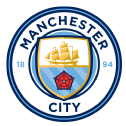 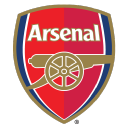 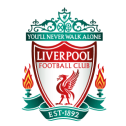 The New No. 1 is the Same as the Old No. 1 The New No. 1 is the Same as the Old No. 1
They can't keep getting away with this ... until they do. In the 2020-21 season, Manchester City won six of their first 12 Premier League matches ... and then won 15 in a row en route to their first Premier League title since the COVID-19 pandemic began. In the 2021-22 season, Manchester City lost two of their first 10 matches ... and then lost just one more game for the rest of the year en route to their second-straight Premier League title. In the 2022-23 season, Manchester City lost their fourth match of the season on February 5 ... and then won 14 of their next 15 matches (43 from 45 available points) en route to their third-straight Premier League title. In the 2023-24 season, Manchester City lost consecutive league matches for the first time since 2018, followed that up with another stretch of four straight matches without a win ... and then, well, we don't know exactly how this is going to go. Except for, you know, how it's gone every other time. After sputtering through the first third of the season mostly without Kevin De Bruyne and Erling Haaland, City have won six matches in a row. They're two points back of Liverpool, but with an extra game in hand. It's mid-February, and after five months of Tottenham, Arsenal, and Liverpool taking turns atop the table, we're back where we always are. If City win out, they win the league. They, of course, won't win out ... right? Right. (I think.) But the point is that all City have to do is win more points than Liverpool and Arsenal from here on out, and the league will be theirs for the fourth year in a row. Is there any reason we should expect anything other than exactly that to happen? In Arsenal and Liverpool, City have two legitimate challengers for the first time in the Guardiola Era. In all the prior seasons, there was just one team in range of taking them down. Theoretically, the extra challenger should make it harder for City to win a title. With two other great teams -- and Liverpool and Arsenal are both great teams -- there's a higher chance that one of them gets really hot and runs away and hides atop the table, like Liverpool did in 2019-20. Instead, though, everything outside of City's control has gone about as well as it could so far. Arsenal were top of the table in December, but then they drew at Anfield against Liverpool and then lost two straight against West Ham and Fulham. As Arsenal fell, Liverpool went top of the table, before the entire right side of the team -- fullback Trent Alexander-Arnold, midfielder Dominik Szoboszlai, and winger Mohamed Salah -- got hurt. For a few games, it seemed like even the injuries didn't matter; then they went to the Emirates and got annihilated by Arsenal. Green are goals, and each attempt is sized by the expected-goals value of the shot: 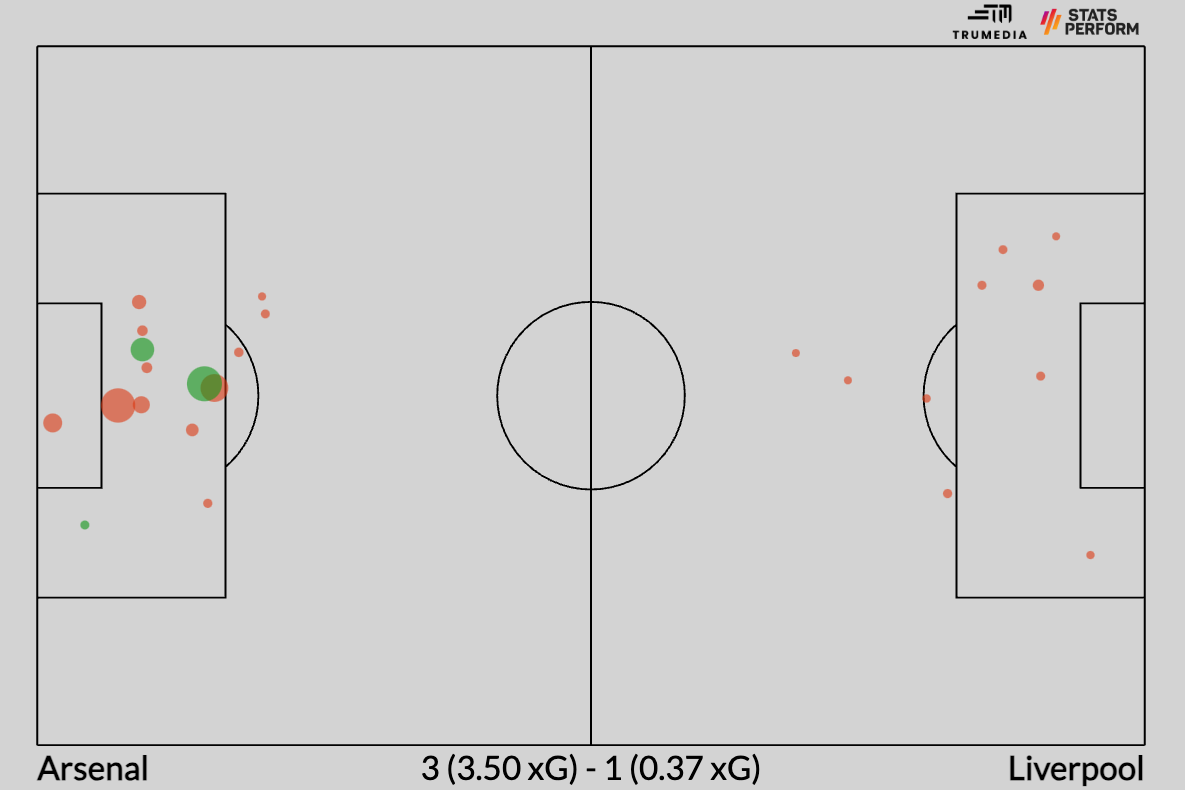 The worst case for City would've been either Arsenal or Liverpool winning both Arsenal-Liverpool matches. The best-case was, well, what happened: Liverpool slowed Arsenal down, the Gunners briefly fell apart, Liverpool zoomed past them, and then Arsenal beat Liverpool. There's a solid argument, too, that Arsenal are the better team than Liverpool, but now it's Liverpool, not Arsenal, whom City have to chase down. Heck, you could even make a solid argument that Arsenal are the best team in the league, full stop. 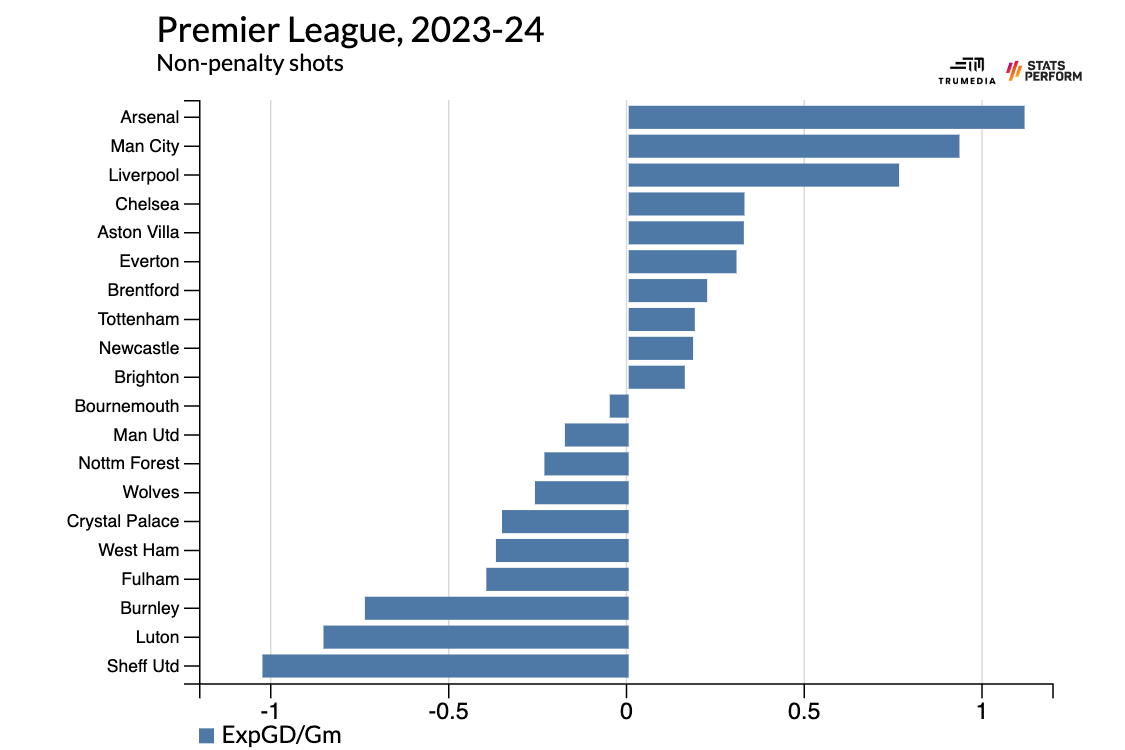 Those numbers, however, include lots of minutes without De Bruyne and Haaland. The former has eight goals+assists in his seven games since returning from injury, while the latter just shattered the record for the most Premier League goals across a player's first 50 starts (51 to Alan Shearer's 45). We should expect City to be the best team in the league from here on out, and if that's true, that's likely a record fourth straight league title. I still only say "likely" because Arsenal have been truly awesome since the Fulham loss, while Liverpool were the same before the Arsenal loss. Liverpool should get healthy. They play City at home, and they don't have to worry about the Champions League -- though they're still competing in the less-important League Cup, FA Cup and Europa League. Arsenal still have to go to City, but City still has to play both Arsenal and Liverpool. Not only that, City also have road matches against the numbers five and six teams in our rankings, in addition to a home match with Tottenham, our number-four team. In other words, City have the hardest remaining schedule of the three title challengers. In theory, that should make for a firework-filled final few months. In reality? We all know how this story usually goes. -- O'Hanlon
  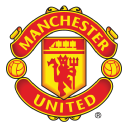 Spurs, Wolves, Man United on the rise Spurs, Wolves, Man United on the rise
Three teams saw their respective lots in life change pretty significantly (in a good way) since the last time we took on this exercise: Tottenham Hotspur (up from seventh to fourth), Manchester United (up from 10th to sixth) and the mighty Wolverhampton Wanderers (up from a tie for 15th to 12th). Wolves are an interesting story in their own right, turning 1-on-1s into an entire identity -- they're fourth in the league in take-ons and third in take-on success rate, thanks in large part to recently injured forward, Matheus Cunha -- and establishing mid-table safety because of it. But Opta's power ratings give Wolves only a 3.2% chance of finishing seventh or better in the league, so we'll focus on the two risers with a reasonably realistic shot at playing European ball next season. Since Dec. 10, Ange Postecoglou's Spurs have played 11 matches in all competitions, winning seven, drawing two and losing only two. (One of the losses was to Manchester City in the FA Cup, which, even with Spurs' recent home track record against the Sky Blues, still doesn't really count as anything particularly negative). After a dismal run of one point in five matches dropped them out of the top four, they're back in fourth, a point ahead of Aston Villa and closer to third-place Arsenal than sixth-place Manchester United. Have they beaten anyone particularly impressive in this run? Not really. They split a pair of matches with Brighton and walloped Newcastle to start this run, but otherwise most of the points have come off of bottom-half-of-the-table teams. So be it! Maximizing your effectiveness against lesser teams gets you into Europe. Opta gives them a 59% chance of finishing in the top four and an 87% chance at the top five. Considering the Premier League is likely to snag an extra bid in next year's expanded Champions League, Spurs are likely to be there. Maybe the most impressive part of this Spurs run: They've pulled it off despite only five players seeing action in all 11 games. Son Heung-Min has played in only six thanks to his Asian Cup obligations, and James Maddison has played in only four due to injury. The center-backs have rotated constantly, too, but fullbacks Pedro Porro and Destiny Udogie have been incredible -- three combined goals and four assists from 33 chances created in these 11 matches -- and at center-forward, Richarlison has been something beyond incredible. After missing most of November after groin surgery, the 26-year old has scored nine goals in these 11 matches, with braces against both Newcastle and former club Everton. What's the easiest way to score loads of goals in a short amount of time? By attempting lots of layups. 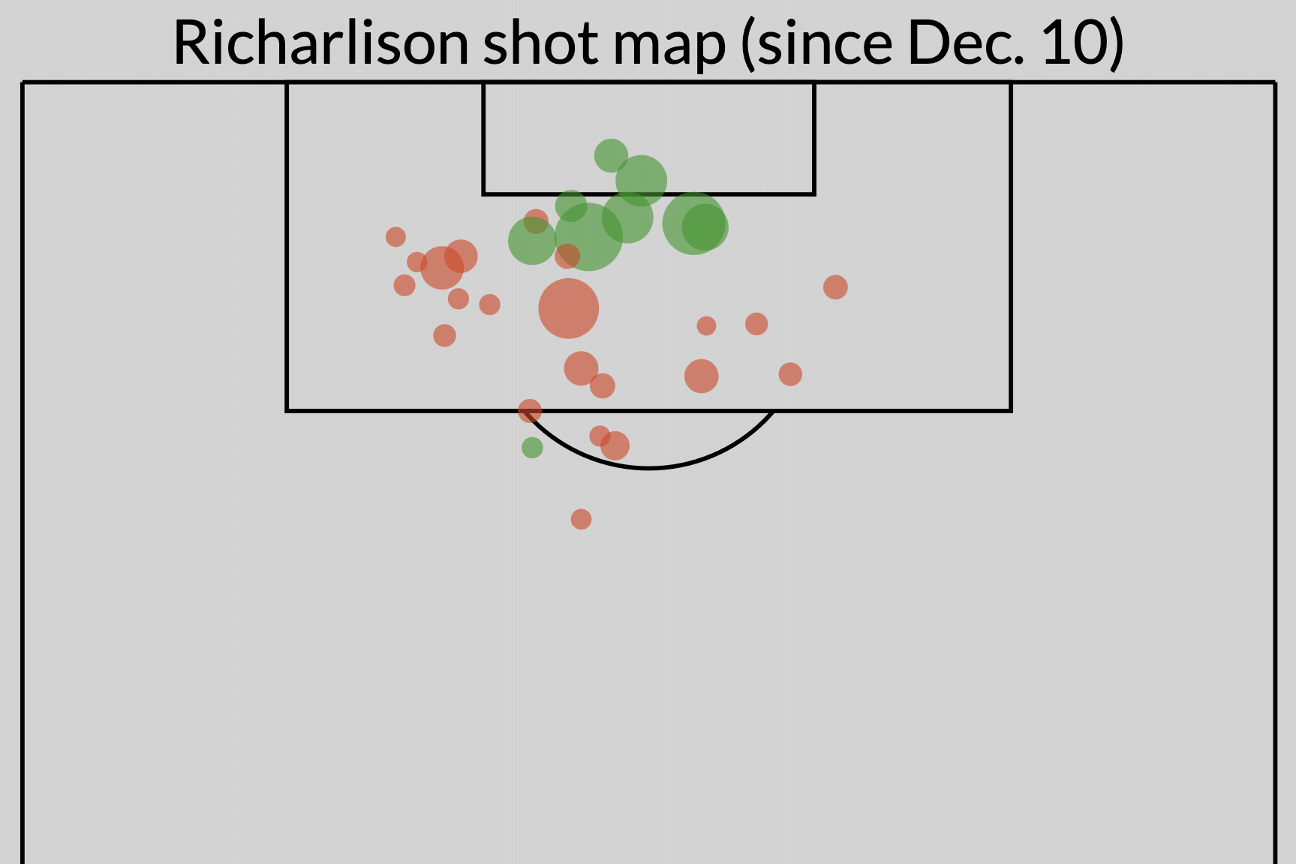 (Source: TruMedia. Green = goals, red = no goal, each attempt is sized by the expected-goals value of the shot)
(Source: TruMedia. Green = goals, red = no goal, each attempt is sized by the expected-goals value of the shot)
Of the 26-year-old's nine goals in this span, eight have been assisted (by six different players), and six have been first-touch shots from rather short range. He has long been good at finding space in the box, and he's doing it better than ever. Summer addition Brennan Johnson, meanwhile, has found success as well, with two goals (each coming in his last three matches) and two assists from 14 chances created during this span. With Son returning to move Timo Werner back to the bench on the left, it's pretty easy to be optimistic about where Spurs are currently headed, especially with just one of their next seven matches coming against teams currently higher than 12th in this month's rankings. This is the time to stockpile points, and Tottenham is doing it quite well so far. Manchester United's bright run hasn't been as lengthy or, well, bright. But since Dec. 30's dreadful 2-1 loss to Nottingham Forest, Erik Ten Hag's squad has played six matches with five wins and one draw (2-2 vs. Spurs). Two of the wins were easy FA Cup triumphs over lower-level Wigan and Newport County, sure, but they also beat Aston Villa on the road and walloped the increasingly wallop-able West Ham at home. Between this and the official approval of Sir Jim Ratcliffe's part-purchase of the club, it almost feels like some sunlight is peeking through the crowds at Old Trafford. While Opta still only gives United a 7% chance of a top-four finish, their top-five odds are up to 25%, and they're at 80% for the top seven. At the very least, European play is looking a lot more likely than it did a few weeks back. Granted, United's current form isn't as strong as Spurs' statistically. While their goal differential has been +9 in this six-match span (and +5 against top-division teams), their xG differential is just +3.9 -- still positive, but not particularly resounding. It was negative in both the draw with Spurs and each of the last two wins, which doesn't mean they didn't deserve those wins; however, it does serve as a reminder that the recipe wasn't incredibly sustainable. Rasmus Hojlund has scored five goals from shots worth 3.4 xG in these six matches, while Marcus Rashford, Kobbie Mainoo and Garnacho have combined for six goals from shots worth 2.4. Granted, Hojlund's streak of finishing strong just offsets a fall finishing funk, and Bruno Fernandes' own strong form (two goals and two assists from 23 chances created) has been excellent in a Bruno Fernandes type of way. But even if United's form hasn't been elite by any stretch of the imagination, it's better than that of anyone else in their range of teams (Chelsea, Newcastle, Brighton, maybe Villa). Again: stockpiling points is great, and United's lot in life is rosier than it was in December. -- Connelly
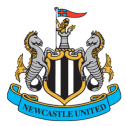 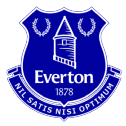 Newcastle and Everton falling? Newcastle and Everton falling?
I'm old enough to remember when Newcastle were a hard team to score against. Seriously! Last season, Eddie Howe's team conceded 31 non-penalty goals -- just one more than league winners Manchester City. It's easy to forget, but this team made the Champions League, and they qualified for Europe on the back of a truly fantastic backline. The attack only generated 62 non-penalty goals, sixth-best in the league, but that stingy defense meant they still had the third-best non-penalty goal differential in the league. Going back to last season, here's Newcastle's five-game rolling non-penalty expected-goal average. Each point on the graph represents each of Newcastle's five-game, per-game xG averages, i.e. games one through five, games two through six, and etc. Think of it as a way to visualize form over time: 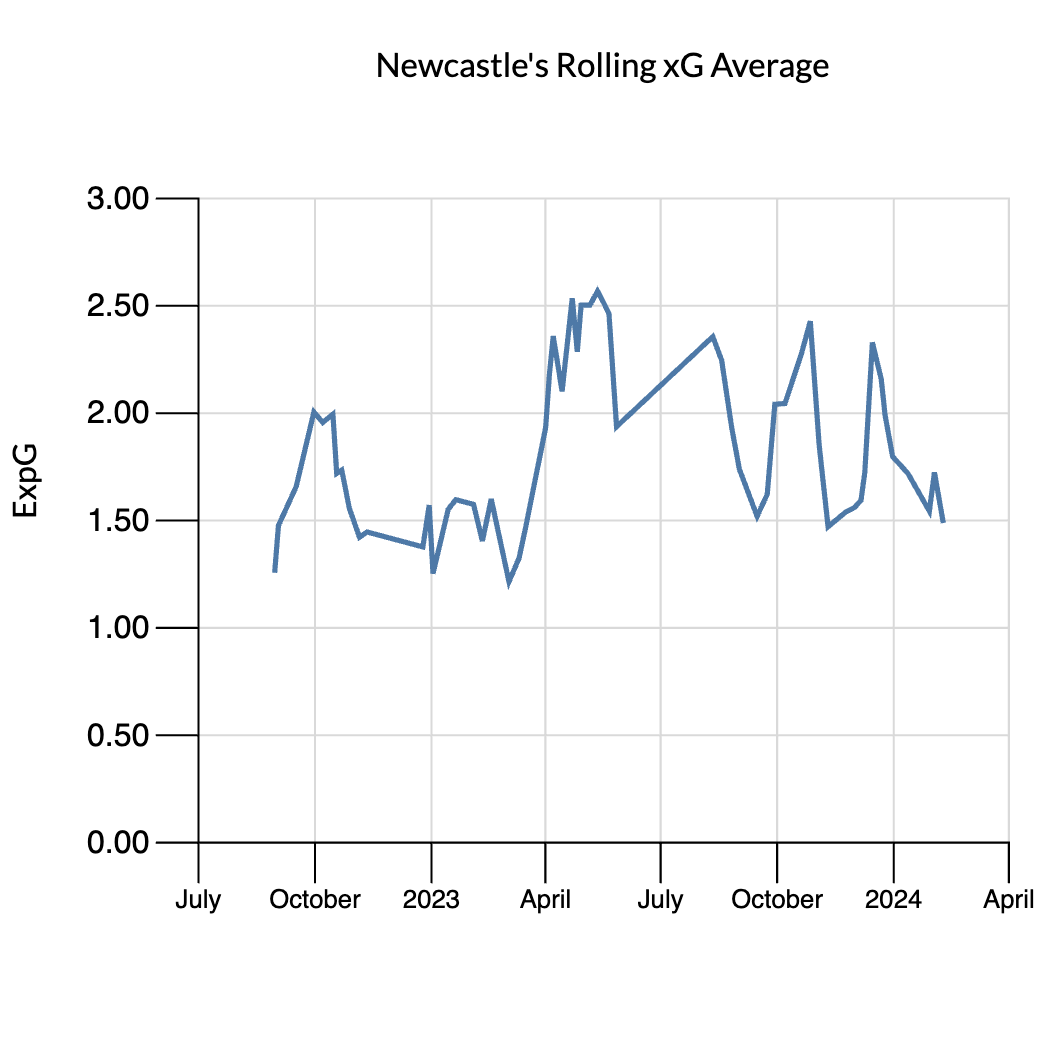 It's volatile, but it's constant volatility. Plus, the baseline from this season is significantly higher than it was last season. As for the defense? Well, uh, oh my god: 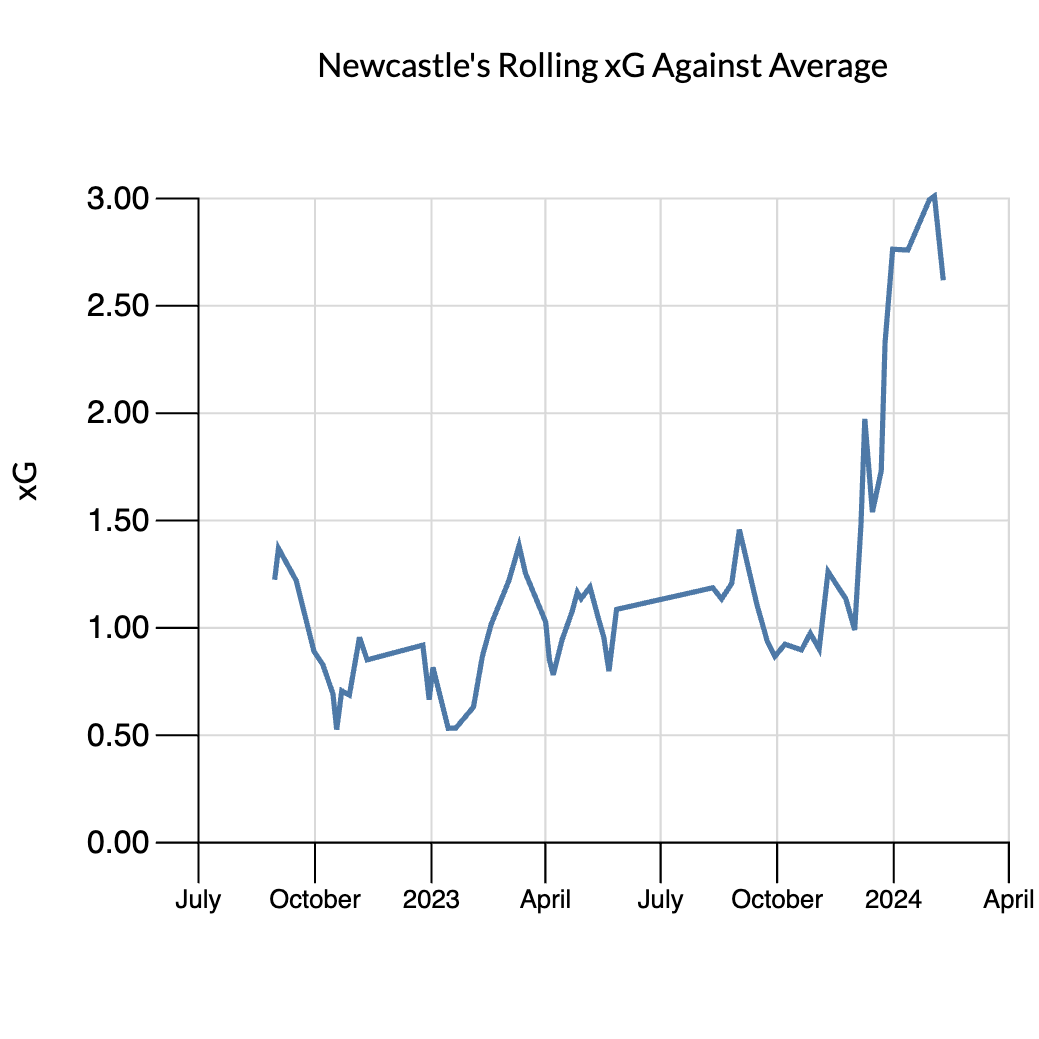 For much of the season, Newcastle looked like a really good team that just couldn't convert winning performances into, you know, wins. They destroyed Aston Villa, Sheffield United, Chelsea, Paris Saint-Germain and Manchester United -- and they also beat Arsenal. Without any European soccer to worry about thanks to a bottom-of-the-group finish in the Champions League, they seemed poised to go on a run in the second half of the season -- and then the bottom fell out, almost quite literally. They've conceded 36 non-penalty goals already -- five more than last season -- and it would be even worse than that without some stellar goalkeeping. Their opponents have created 39 non-penalty expected goals -- more than any team outside of the three promoted clubs. Unless they stop the defensive rot, there's no chance they finish in the top five. And even if they do, it might already be too late; they're 10 points back of fith-place Aston Villa. It's not quite the same story of complete collapse with Everton. They still occupy that strange in-between area where they're a top-half team by performance (positive xG differential) and nearly by points, too. They've won eight games and tied five -- equal to 12th-place Fulham's haul of 29 points. However, the table will tell you that Everton are in 18th, thanks to the 10-point deduction applied after they were found to have violated the Premier League's Profitability and Sustainability Rules. They've appealed the ruling -- but they also might face further point deductions for violating further financial rules -- so the table might literally be lying to us right now. And it could be lying in both directions at the same time! We don't need to get into how the league's retroactive assessment of rule-breaking is directly sabotaging its competitive integrity in real time. There's not much to get into anyway; we literally don't know how many points Everton currently have. This is bad! Without the deduction, Everton would be a low-midtable team that was somewhat unfortunate to not be higher in the table. Last time we did this, though, they were fifth in our collective rankings. Fifth! That was absurd -- not absurd in hindsight, but absurd that a team with Everton's talent was playing as well as they were. They've cooled off a bit since then, while some other, much-more talented teams have finally started to play at an expectedly higher level. Normally, this minor dip in form would've dropped Sean Dyche's team from top-half of the table safety to bottom-half of the table safety. But with the 10-point deduction, it dropped them directly into the relegation zone: 18th, one point back of Luton in 17th. And so, both of these things are simultaneously true: Everton are one of the 10 best teams in the league, and there's suddenly a very real chance they get relegated. -- O'Hanlon
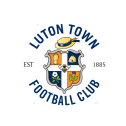 Is Luton Town going to save itself? Is Luton Town going to save itself?
Technically, not much has changed at the bottom of these rankings. The three most recently promoted teams -- Luton Town, Burnley and Sheffield United -- have, in some order, occupied the bottom three spots for four straight re-ranks, and only when we foolishly ranked Burnley 15th to start the season has one of them ranked outside the bottom three. Only two of these teams are in the bottom three of the actual table, however. Thanks to Everton's point deduction, Luton Town is a point above the drop zone, and as Everton's form has turned wobbly, Luton has looked increasingly sturdy. Granted, they suffered a demoralizing 3-1 loss to Sheffield United last Saturday, a major missed opportunity. But before that they had lost only one of their previous nine matches in all competitions. Since Dec. 23, they have banked the eighth-most points in the league, and with the seventh-best xG differential. 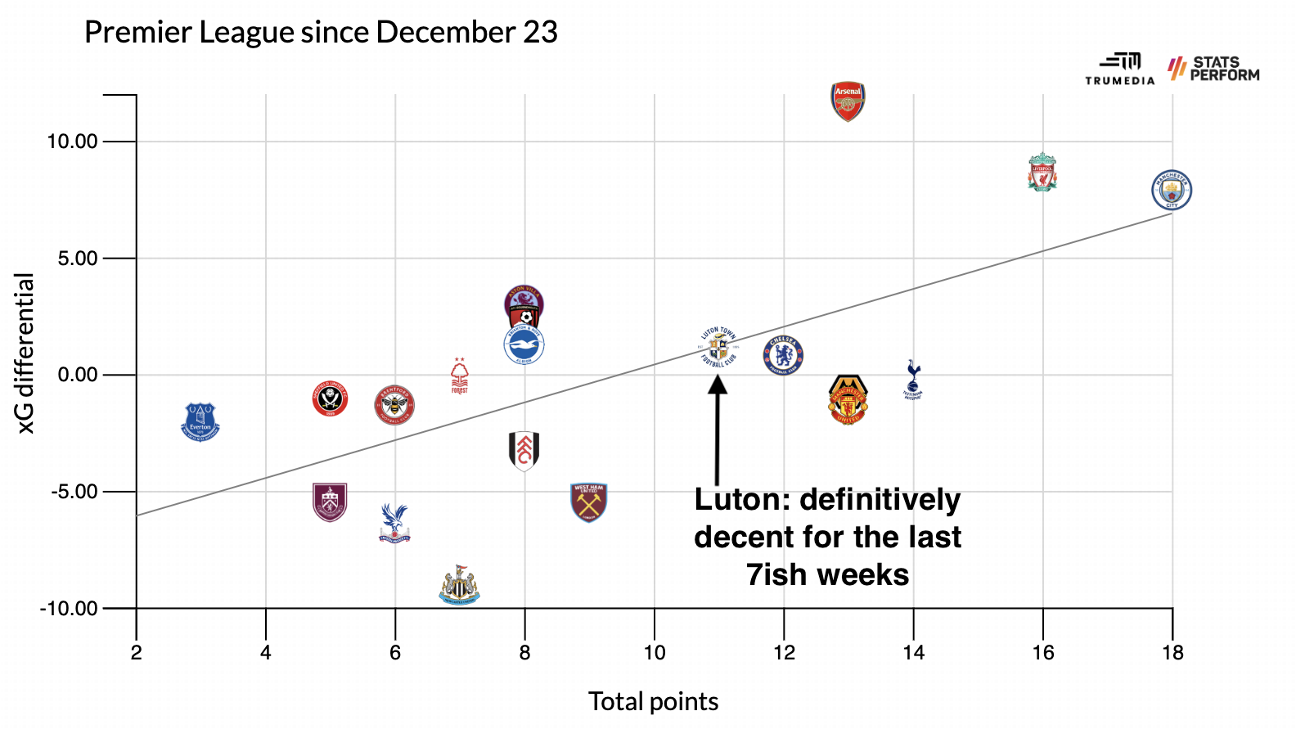 Including FA Cup play, Luton has played 10 matches in this span and lost just twice. Elijah Adebayo, in his fourth season with the club, has scored five goals over this stretch, more than doubling his total for the season to nine. He's patented the art of getting a body part on the ball in a crowd of people, and he's given Luton just enough scoring oomph to create hope. Their 4-0 win over Brighton on Jan. 30 was mostly legit from a statistical standpoint, and they were statistical equals in two matches against Newcastle (a win and a draw) and one against Chelsea (a 3-2 loss). We're obviously not buying it just yet. We still have them 18th. Everton has more talent than Luton, and considering the Toffees would indeed be tied for 12th in the table without the penalty, odds are still good that they'll pull themselves to safety. But this burst of bright play has increased Luton's odds of survival -- Opta now has them at just 47% likely to go down -- and they could benefit significantly from the poor form of both Nottingham Forest, who have zero wins since December and might be facing a point deduction of their own, and Crystal Palace, who have two wins since Nov. 4 and could be sacking Roy Hodsgon at any moment. If Luton tops any of Everton, Forest and Palace, they're safe. For a team whose best player might be 30-year old Ross Barkley and whose total player market value at Transfermarkt is not only the lowest in the league but is by far the lowest (it's currently €101.60 million, which is 40% of the third-lowest total), that would be an utterly mammoth accomplishment. They score from set pieces, and they hold leads better than anyone else near the bottom of the table. We'll see if it's enough. -- Connelly
|

